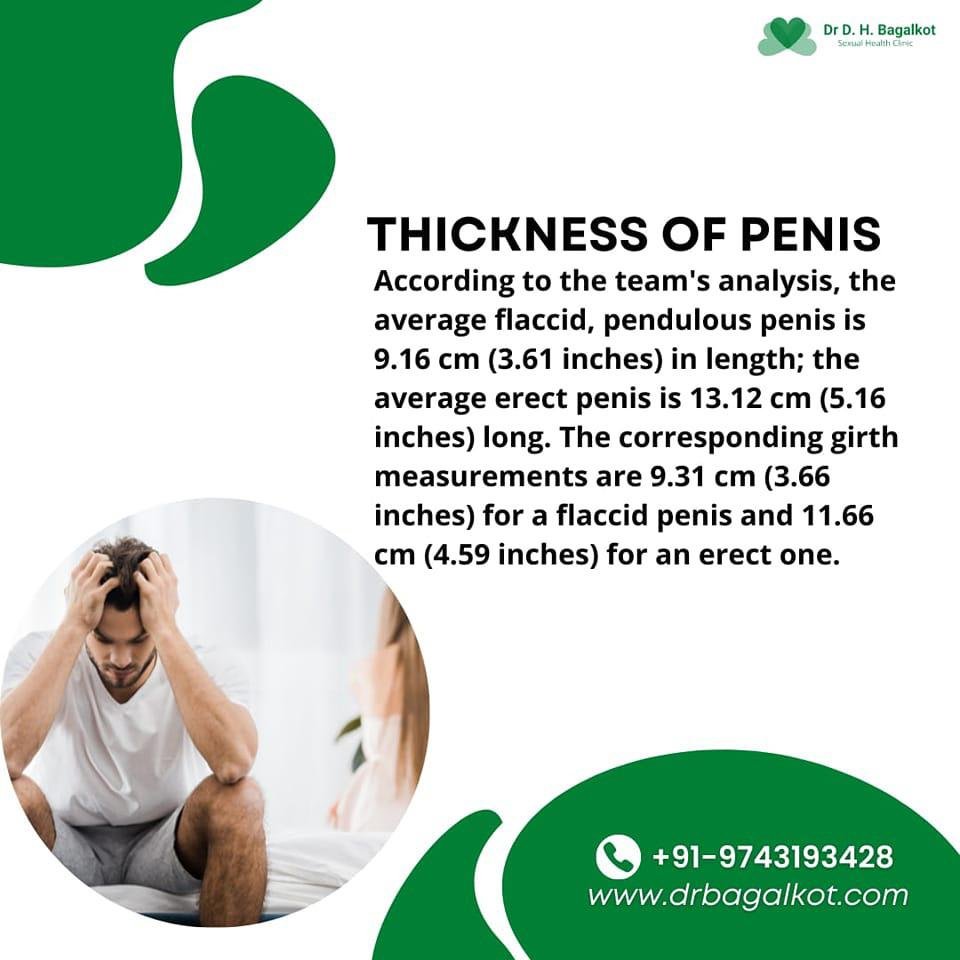Thickness of Penis

Penis size and thickness are topics of curiosity and concern for many individuals, often influenced by societal expectations and personal insecurities. It’s important to approach these subjects with a balanced perspective and a focus on sexual health and well-being rather than societal pressures or unrealistic ideals.
1. Natural Variability: It’s crucial to understand that there is a wide range of natural variation in penis size and thickness among individuals. Just like people come in different shapes and sizes, so do penises. There is no universally “normal” size or thickness, as long as they are within a generally healthy range.
2. Importance of Communication: In sexual relationships, effective communication is key. Partners should feel comfortable discussing their desires, preferences, and any concerns they may have regarding size or thickness. Open and honest communication can lead to a more satisfying and fulfilling sexual experience for both partners
There are two main types of PE:
- Lifelong PE: This type of PE has been present since the individual's first sexual experiences and is often thought to have a psychological or biological basis.
- Acquired PE: Acquired PE develops later in life and is often associated with factors like stress, anxiety, relationship problems, or other psychological factors. It can also result from medical conditions or certain medications.
PE can be caused by a combination of physical, psychological, and emotional factors, making its management complex. Treatment options for PE include behavioral therapies, such as the start-stop technique and the squeeze technique, which aim to improve ejaculatory control. Medications, such as selective serotonin reuptake inhibitors (SSRIs), may also be prescribed to delay ejaculation. Communication with a healthcare professional or therapist is crucial to determine the most appropriate treatment plan based on individual circumstances. Additionally, open and supportive communication between partners can play a vital role in managing PE and improving sexual satisfaction.

Understanding Penile Thickness What You Need to Know
Penile thickness, or the girth of the penis, is one aspect of male sexual anatomy that can vary from person to person. In this article, we will explore penile thickness, factors that influence it, and its significance in sexual health and satisfaction Penile thickness refers to the circumference or girth of the penis. It is the measurement of how wide the penis is when it is erect. While penis length (penile size) often receives more attention, penile thickness is another important dimension of sexual anatomy.
Genetics: Genetic factors play a significant role in determining penile thickness. Individuals may inherit certain characteristics related to girth from their parents.
Age: Penile girth can change with age. Some men may notice changes in their penis thickness as they get older.
Health and Lifestyle: Overall health, diet, exercise, and blood circulation can impact penile health and potentially affect thickness.
Significance in Sexual Health and Satisfaction:
Penile thickness is one of several factors that can influence sexual satisfaction, both for the individual and their partner. While some individuals may place importance on penis size, it’s essential to remember that sexual satisfaction is a complex interplay of physical, psychological, and emotional factors. Communication, emotional intimacy, and sexual technique are often more crucial than specific measurements.
Body Weight: Being overweight can contribute to a perceived reduction in penile thickness due to a higher amount of fatty tissue in the pubic area.
Enhancing Penile Thickness:
For those who are interested in enhancing penile thickness, it’s important to approach this subject with caution and a focus on overall sexual health. Methods claiming to increase penile thickness, such as pills, pumps, or surgeries, often lack scientific evidence and can carry risks. It’s advisable to consult with a healthcare professional or a urologist before considering any form of enhancement.
